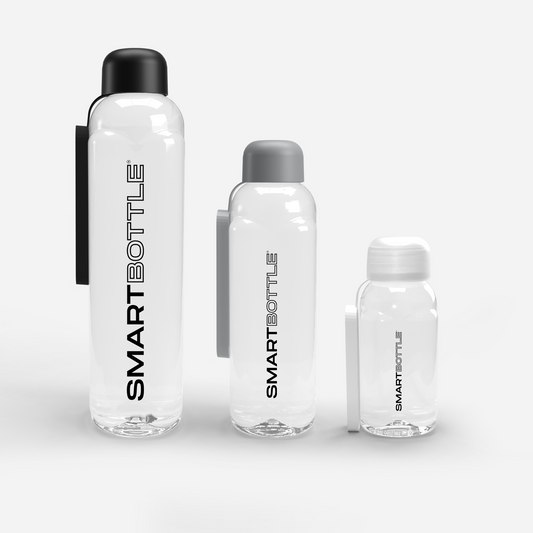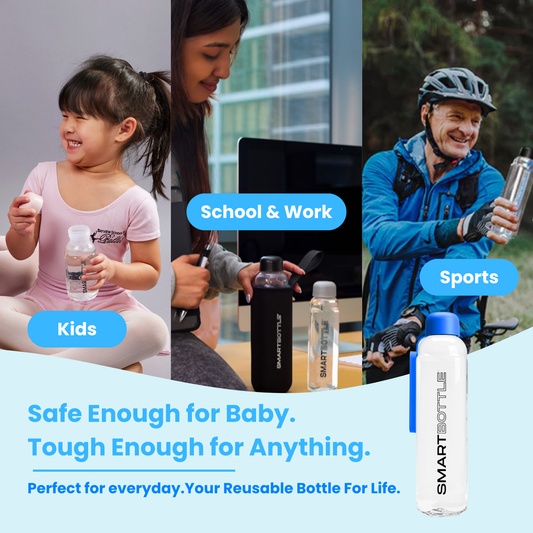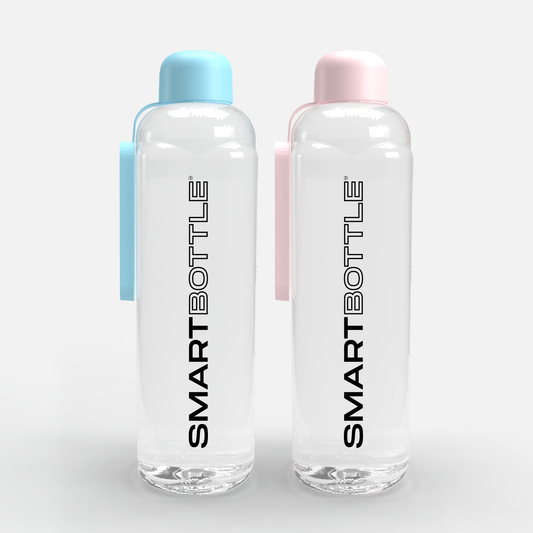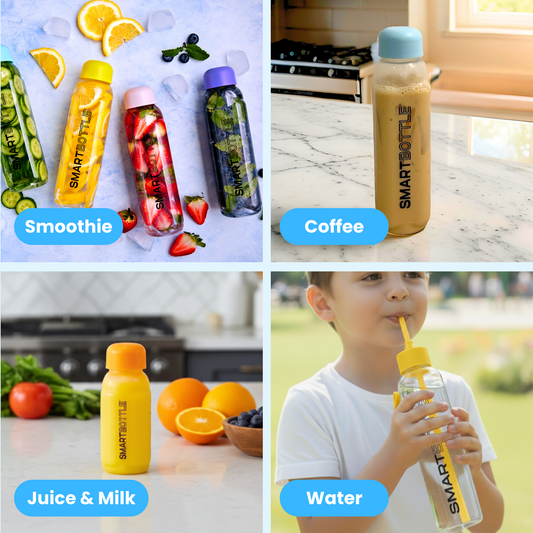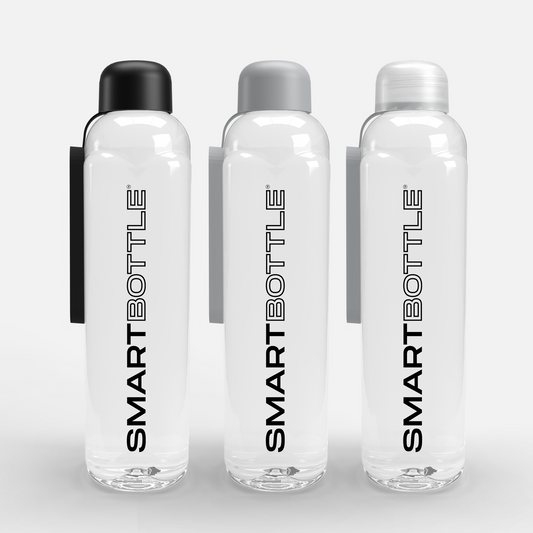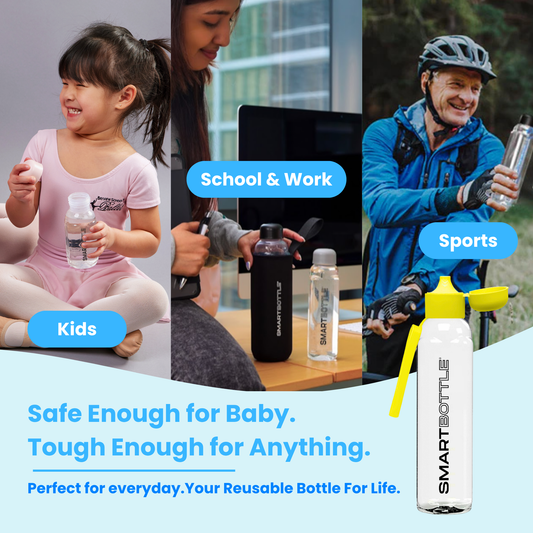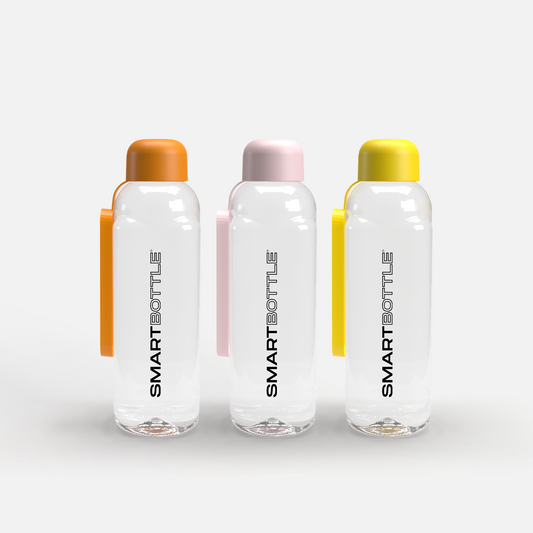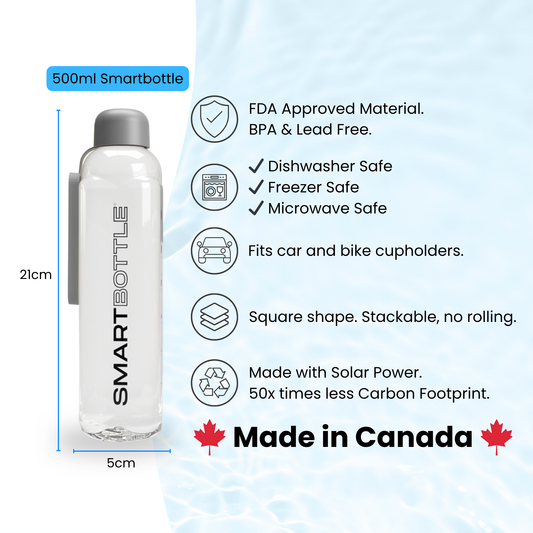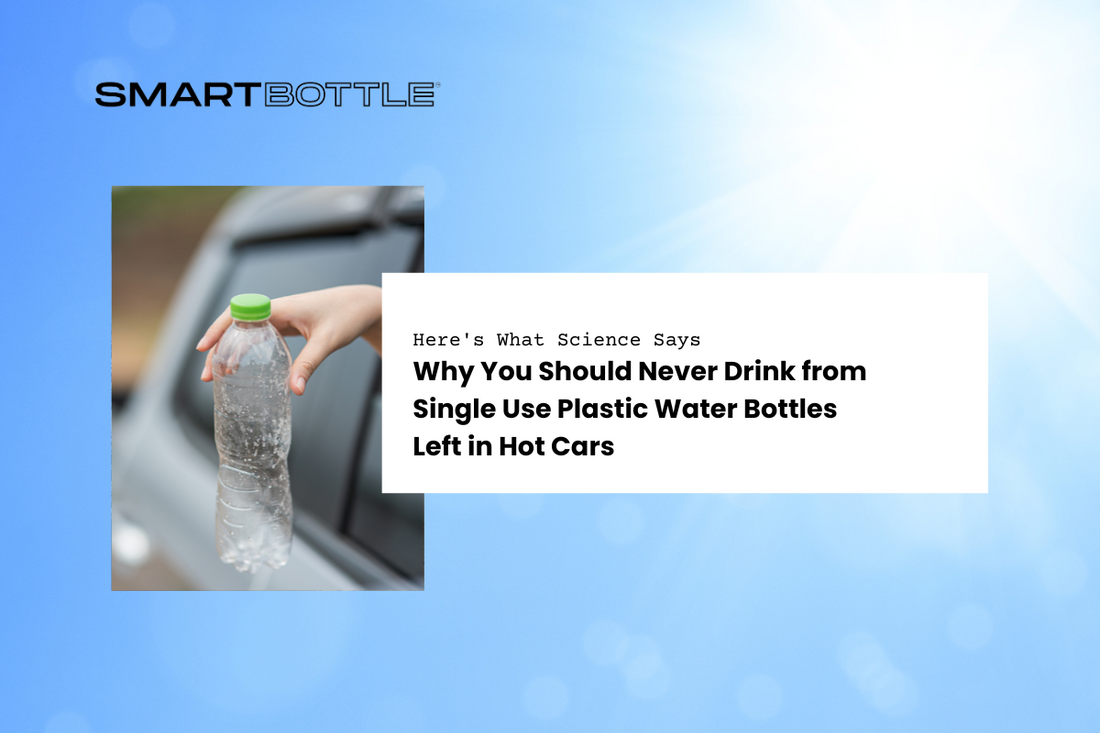
Stop! Don't Drink That Water Bottle from Your Hot Car Until You Read This
分享
We've all been there – rushing out of the house, grabbing a plastic water bottle, and accidentally leaving it in the car under the scorching sun. When you return hours later to find that bottle sitting in what feels like an oven, you might wonder: is it still safe to drink?
The answer might surprise you, and according to health experts, it's more complicated than you might think.
The Hidden Dangers of Heat and Plastic
"The combination of microbial growth and chemical leaching from the plastic makes it a double-edged sword," said Dr. Paul Savage, a toxin expert and chief medical officer at MDLifespan in Chicago.
When temperatures inside a parked car can reach up to 160°F (71°C) on a hot day, that innocent water bottle becomes a potential health hazard through two primary mechanisms: chemical contamination and bacterial growth.
Understanding PET: The Most Common Water Bottle Material
Many single-use plastic water bottles are made from a type of plastic called polyethylene terephthalate (PET), typically marked with the recycling number "1" on the bottom of the bottle.
When PET-containing bottles sit in the heat, the polymer chains in the plastic can start to break down and cause the release of various chemicals, including trace amounts of phenols like bisphenol A (BPA) and phthalates, into the water.
Dr. Savage also warned that bottles that aren't cleaned properly could become a breeding ground for bacteria, including E. coli and Staphylococcus aureus (staph infection), introduced from the mouth, hands, or air.
The Triple Threat: Risks of Leaving Single Use Plastic Bottles in a Hot Car
1. Chemical Leaching
When plastic bottles, especially those made from certain types of plastic (like PET), are exposed to high temperatures, there is a significant risk that harmful chemicals could leach into the water. One of the most commonly cited chemicals is bisphenol A (BPA), which can disrupt endocrine function and has been linked to various health issues including reproductive problems and increased cancer risk. However, many water bottles are now BPA-free, though they may still contain other potentially harmful chemicals.
2. Deformation and Damage
Heat can cause plastic bottles to warp or deform, potentially compromising their structural integrity. If the bottle is damaged, it could lead to leaks or contamination of the water inside. You might notice the bottle feels softer, has changed shape, or even has a strange plastic taste – all signs that the heat has affected the container.
3. Bacterial Growth
If a bottle has been partially filled and left in a hot car, the warmth creates an ideal environment for bacterial growth, especially if the bottle has not been cleaned properly. Bacteria from your mouth, hands, or airborne contaminants can multiply rapidly in warm conditions, potentially leading to gastrointestinal issues.
Not All Plastics Are Created Equal
While the risks associated with PET bottles in heat are well-documented, it's important to understand that different types of plastic behave differently under thermal stress.
The Polypropylene Advantage
Polypropylene represents the safest alternative in the plastic family. This type of plastic is specifically designed for medical purposes due to its unique properties that make it more compatible with the human body.
With its non-toxic and non-reactive properties when in contact with the human body, polypropylene is considered one of the purest plastic materials available. Its safety profile is so trusted that some surgical devices and implants are made of polypropylene, and it's commonly used in joint replacement surgery. Many baby bottles are also manufactured from this material due to its safety credentials.
One of the key advantages of polypropylene is that it's safe to sterilize, allowing for deep cleaning to ensure you're drinking from the purest container possible.
Is Polypropylene Safe? The Science Says Yes
Polypropylene (often labeled as #5 plastic) is generally considered one of the safer plastics for food and drink containers for several compelling reasons:
1. Superior Heat Resistance
Polypropylene has a significantly higher melting point compared to other plastics, making it more resistant to heat damage. This characteristic dramatically reduces the likelihood of deformation or chemical leaching when exposed to moderate heat – exactly the kind of protection you need if you accidentally leave your bottle in a warm car.
2. Minimal Chemical Leaching
Research shows that polypropylene is far less likely to leach harmful chemicals into beverages compared to other plastic types. This low-leaching property is why it's frequently chosen for medical and food applications where safety is paramount.
3. Outstanding Durability
Polypropylene is remarkably durable and resistant to impact, making it an excellent choice for reusable water bottles that need to withstand daily use and occasional temperature fluctuations.
Why Smartbottle Chose Polypropylene: Safety Meets Innovation
Understanding the critical importance of material safety, Smartbottle was specifically engineered using medical-grade polypropylene (#5 plastic). This wasn't a coincidence – it was a deliberate choice based on extensive research into plastic safety and heat resistance.
Smartbottle's polypropylene construction means you can confidently:
-
Leave it in your car without worrying about harmful chemical leaching
-
Sterilize it thoroughly in boiling water for the cleanest possible drinking experience
-
Use it daily knowing it's made from the same material trusted in medical implants
-
Enjoy peace of mind with dishwasher safe feature
Unlike single-use PET bottles that become health hazards in heat, Smartbottle's fda approved material maintains its integrity and safety even when exposed to the temperature extremes common in parked vehicles.
Practical Safety Tips
Immediate Actions if You Find a Hot Bottle:
-
Check for deformation: If the bottle looks warped or feels unusually soft, discard it immediately
-
Smell test: If the water has developed a plastic-like odor, don't drink it
-
Temperature check: If the water is uncomfortably warm to the touch, it's been exposed to dangerous temperatures
Prevention Strategies:
-
Never leave single use plastic water bottles in parked cars, especially during warm weather
-
Choose bottles marked with #5 (polypropylene)
The Bottom Line: When in Doubt, Don't Risk It
While the occasional sip from a slightly warm plastic bottle likely won't cause immediate harm, repeated exposure to chemically compromised water could pose long-term health risks. The combination of potential chemical leaching and bacterial growth makes heated plastic bottles a gamble that's simply not worth taking.
Your health is too valuable to risk over a $1 water bottle. Don't let another day pass worrying about plastic bottle safety. Smartbottle's medical-grade polypropylene construction eliminates the guesswork and gives you the confidence to stay hydrated anywhere, anytime.
Why thousands of health-conscious individuals have made the switch to Smartbottle:
-
✅ Medical-grade safety - Made from the same polypropylene used in surgical implants
-
✅ Heat resistant - No more worrying about bottles left in hot cars
-
✅ Easy to sterilize - Dishwasher safe and Deep clean capability for maximum hygiene
-
✅ Built to last - Durable construction that saves money long-term
-
✅ Peace of mind - FDA Approved, BPA, Lead and Toxin free
Don't wait until you find another compromised bottle in your car. Make the switch to Smartbottle today and hydrate with confidence tomorrow.

